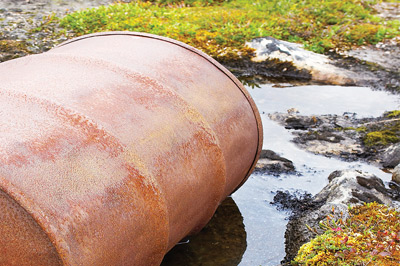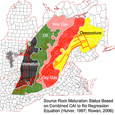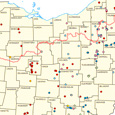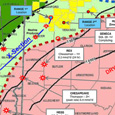West Virginia DEP study states untreated natural gas drilling waste poses no threat to water sources
Thursday, July 9, 2015

A study of six West Virginia landfills and their corresponding waste treatment systems has shown that untreated natural gas drilling waste found in landfills more than likely doesn’t negatively impact groundwater or surface water, The State Journal reports.
The West Virginia Department of Environmental Protection conducted the study. Each sample included leachate that consisted of some compounds that exceeded allowed amounts by the state. Four of the six landfills included in the study regularly receive drilling cuttings, while the other two landfills do not. The inclusion of the landfills that don’t receive drilling waste was to compare to the landfills that do receive drilling waste.
The DEP found that Marcellus Shale drill waste had higher levels of radioactivity than vertical drill cuttings. However, radioactive materials were detected in the samples from all landfills. Overall, it is unlikely that the leachate would come in contact with groundwater or surface water, but if it did, it would be toxic to some plants and animals.
Via: The State Journal > WV DEP: Untreated gas drilling waste in landfills doesn’t likely affect water sources




